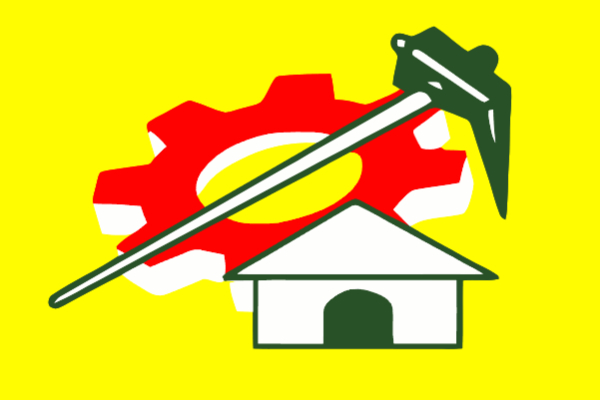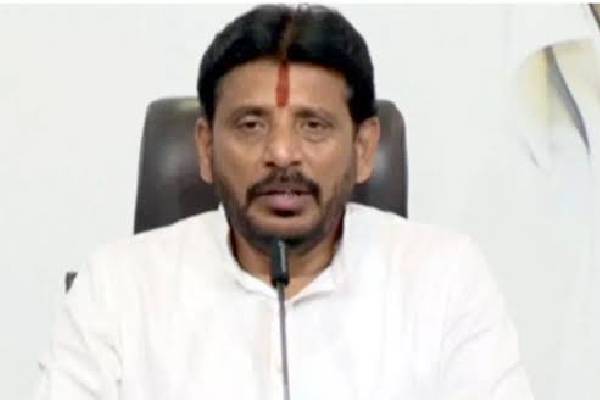The Andhra Pradesh government’s decision to allocate 60 acres of land to Ursa Cloud, a startup promoted by NRIs, has triggered a wave of criticism—not only over the company’s technical and professional shortcomings, but also over the perception it creates about the ruling Telugu Desam Party (TDP) government’s vetting processes.
In an attempt to respond to the backlash, the company issued a press note and hosted a web call featuring its founder. However, both efforts were widely seen as unprofessional and lacking technical depth, only adding to the doubts surrounding the company’s capability.
Adding to the controversy, a former president of TANA (Telugu Association of North America)—who was neither listed as a director nor mentioned on the company’s website—suddenly appeared as a promoter during the public interaction. This unexpected development raised further questions about transparency and leadership within the organization.
Moreover, the company’s website content has come under sharp criticism for being amateurish, with outdated formatting, vague descriptions, and a clear lack of technical detail—further eroding confidence in the company’s expertise.
Critics have made it clear: the issue isn’t about supporting startups or offering land incentives, but rather about entrusting valuable public resources to individuals or entities who may lack the expertise and vision to deliver. The poor communication, inconsistent leadership narrative, and underwhelming digital footprint have only amplified public skepticism.
With scrutiny mounting, the episode is increasingly seen as a self-inflicted setback for the TDP administration, especially as it seeks to position itself as pro-innovation and investor-friendly.
There are growing calls for greater transparency, stricter accountability, and a far more rigorous due diligence process in future industrial and startup-related allocations.
































